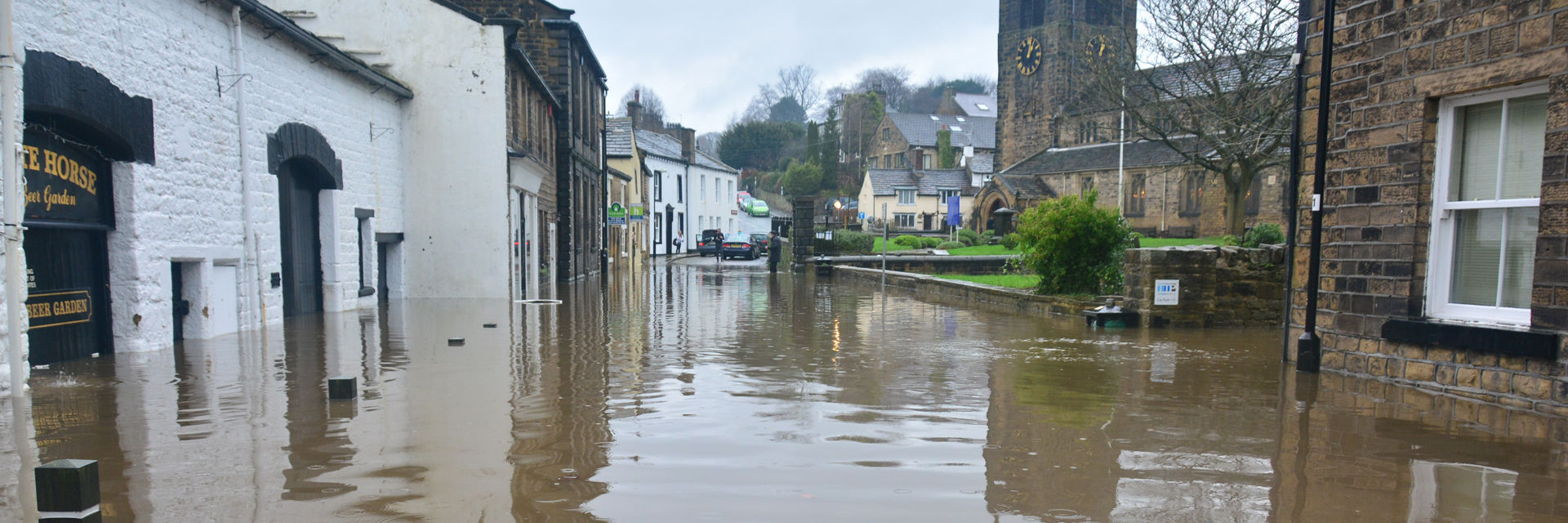Influencing decision making for climate adaptation and flood resilience
Investing in flood resilience can protect lives, prevent loss and generate wider development, social and environmental benefits. However, it can be hard for decision-makers to make the case for investing in disaster prevention: nearly 87 percent of disaster-related spending on aid goes into emergency response, reconstruction and rehabilitation, and only 13 percent towards reducing and managing the risks before they become disasters.
LSE’s Grantham Research Institute on Climate Change and the Environment (GRI) is supporting the shift towards forward-looking and holistic decision making for climate adaptation and flood resilience. Since 2018, the Institute has been a research partner in the Zurich Flood Resilience Alliance (ZFRA). The programme, generously funded by the Z Zurich Foundation, is a collaboration between humanitarian organisations, research institutions and Zurich. This multi-sector partnership focuses on finding practical ways to help communities to strengthen their resilience to flood and climate risks.
Our ZFRA-funded research is shaping local, national and international thinking. A project with the East Suffolk Council in the UK measured flood resilience of households and businesses located on the east coast using the Flood Resilience Measurement tools. The results of this study helped to secure a £6 million grant from the UK government’s Flood and Coastal Resilience Innovation Programme. The funding will be used to create nature-based solutions, develop infrastructure and management of local assets, and minimise damage and disruption to local businesses, and will ensure that the community is better prepared and able to recover more quickly from flooding.
Our research has influenced the UK government’s national flood policies and strategies. As a result, the UK government now uses a broader resilience adaptation approach in their Flood and Coastal Erosion Risk Management strategy. It also introduced a £150 million funding programme to address the social, human, natural, financial and physical resilience of communities. We are also reviewing the 2021 flood events in Germany to provide learnings and evidence for a resilient recovery in the areas affected by the flood.
The scale of the recent disasters is a reminder that adaptation to climate risks is as important as reducing greenhouse gas emissions. There is clearly no silver bullet solution; our preparedness, response and recovery – in short, our resilience – to such events needs to be adjusted to new risk levels. We are delighted to be part of ZFRA, working together to find new ways to increase flood resilience in the UK and across the globe.
